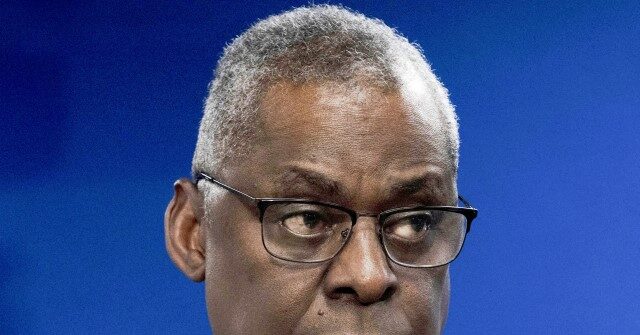U.S. Secretary of Defense Lloyd Austin’s recent discussion with Israeli Defense Minister Yoav Gallant emphasized a shift towards a diplomatic approach regarding Lebanon, despite Israel’s military successes against Hezbollah. This call came amidst escalating tensions resulting from Hezbollah’s actions that began on October 8, 2023, when the group initiated hostilities against Israeli towns in solidarity with Hamas, following a significant terror attack by Hamas on October 7. The situation grew increasingly complex as Israeli forces engaged in military operations while also evacuating over 60,000 residents from nearby communities, indicating the severe threat posed by Hezbollah and the ongoing conflict dynamics.
Hezbollah’s aggression and the subsequent Israeli military response have resulted in widespread damage and casualties in both regions. Israel’s military operations aimed not only to counter the immediate threats from Hezbollah but also to achieve strategic goals, such as dismantling the group’s capabilities and ensuring security for its northern border. However, these military advancements led to unfortunate incidents, including injuries to two UNIFIL peacekeepers due to IDF fire, which further complicated the security landscape and intensified scrutiny of Israel’s military actions during this period. Prime Minister Benjamin Netanyahu’s call for the withdrawal of UN peacekeepers highlighted concerns over Hezbollah’s alleged use of these forces as a shield against Israeli attacks.
Historically, Israel has expressed a willingness to pursue a diplomatic resolution that involves disarming Hezbollah and ensuring its withdrawal from the Lebanese border—aims that align with various UN Security Council resolutions. However, Hezbollah’s refusal to comply with these requirements has stymied efforts for a peaceful resolution. The Biden administration, through special envoy Amos Hochstein, attempted to mediate negotiations; nonetheless, Hezbollah remained adamant about Israel’s removal from its border, illustrating the deep-rooted complexities and mutual distrust that characterize Lebanese-Israeli relations.
The dynamics shifted significantly after the Israeli security cabinet set essential war objectives on September 17, targeting the return of displaced residents, the dismantling of Hamas, and the recovery of hostages. Following these developments, Israel’s military initiated successful operations against Hezbollah, demonstrating significant progress against the terror group, which had historically posed a formidable challenge. Despite these advances, U.S. calls for a ceasefire aimed at restoring stability were met with reluctance from Israel, as such a cessation might allow Hezbollah to regroup and maintain its foothold in the region.
While Austin’s emphasis on a diplomatic shift signals an overarching U.S. strategy aiming for de-escalation, the practicality of such a pivot remains questionable. Analysts speculate that Israel’s interest in a temporary ceasefire could be contingent upon the complete release of 101 Israeli hostages being held captive in Gaza. This potential trade-off underscores the intricate connections between Hezbollah and Hamas, both of which operate with Iranian backing, further complicating the geopolitical landscape in the region. The potential for a ceasefire, therefore, raises critical questions regarding future Israeli defense strategies and the long-term implications for Lebanon’s stability.
In summary, while the U.S. administration’s call for diplomacy emphasizes the need for a shift in strategy, the prevailing regional dynamics and Israel’s military computations lead to skepticism about the viability of such an approach in the near term. The outcomes of current hostilities, along with the entangled relationships among Hezbollah, Hamas, and Iran, serve as a backdrop to Israel’s ongoing conflict and its pursuit of security. With tensions remaining high and military objectives still in play, the path forward for diplomacy appears both essential and fraught with obstacles, making the situation in Lebanon a focal point for broader Middle Eastern geopolitics.

